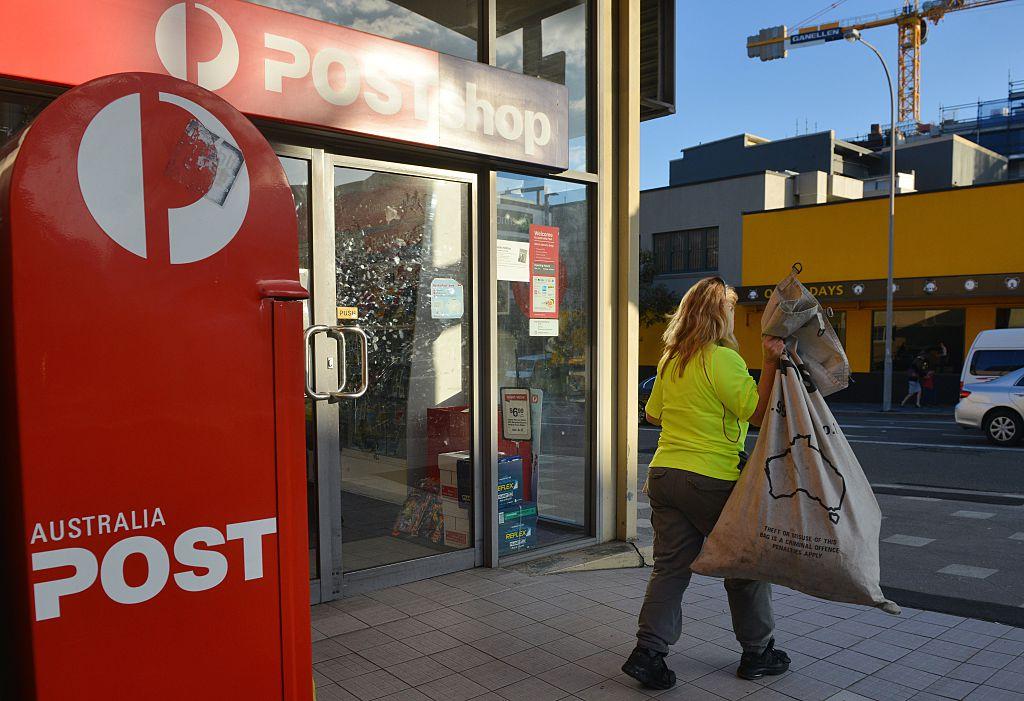Australia Post has issued a warning to licensees about displaying political material following an incident in Queensland.
A Gold Coast postal agency allowed state Liberal National Party MP Rob Molhoek, who represents the seat of Southport, to display a corflute just inside the doorway but visible through the glass frontage.





